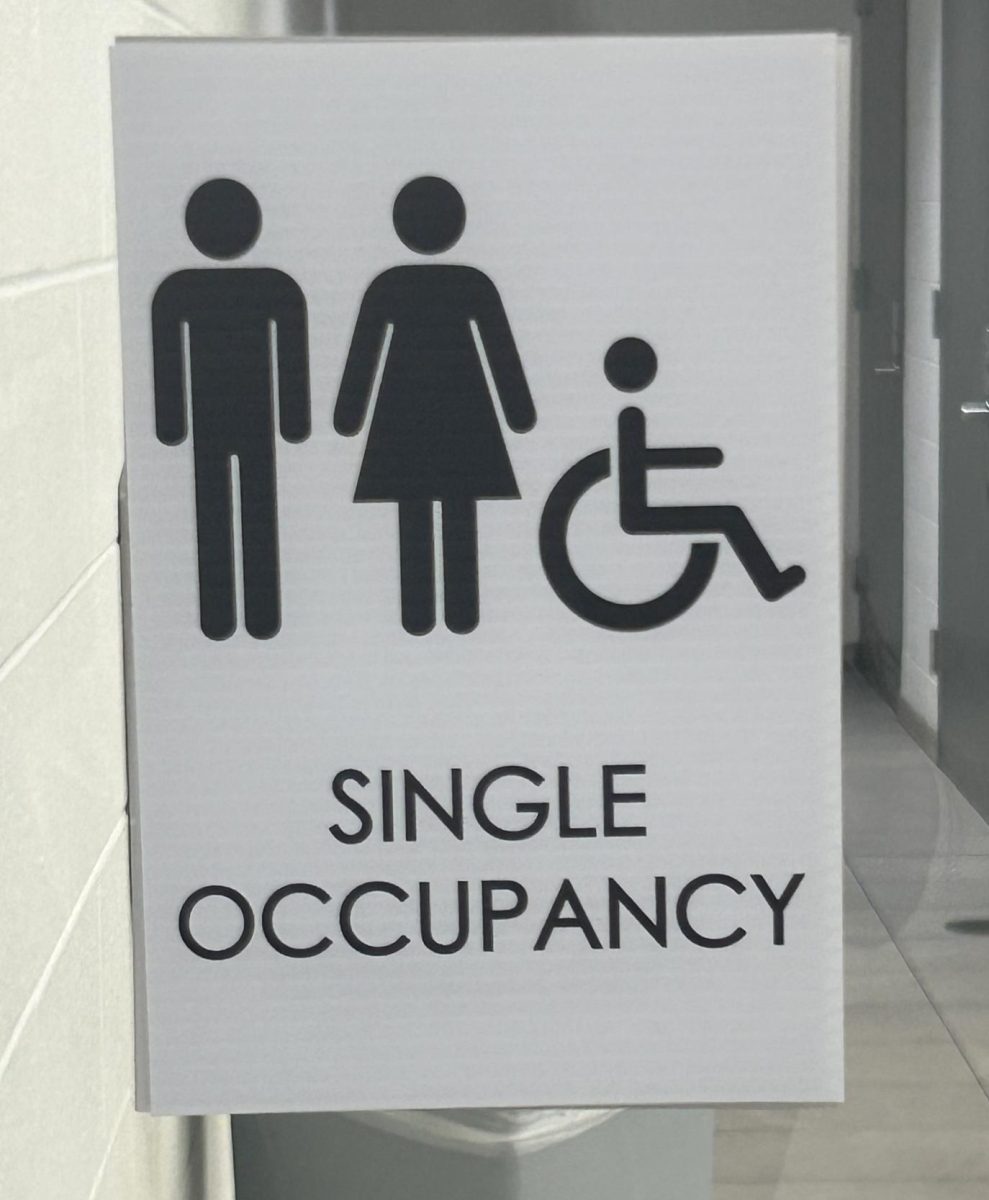Jan. 1 is a day that encourages growth and fosters hope for positive change in the new year. It is viewed as a chance for anyone to reinvent themselves, no matter their past. Countless resolutions blossom with the new year, but are any of them effective? IB Psychology teacher Chris Savage shared his opinion on goal setting during the new year.
“People are always looking for reasons to get in shape or eat better or treat people better, or whatever else, and New Year’s resolutions give people that opportunity to do so. Anytime you give someone an opportunity to do something like that, it’s always a good thing,” Savage said.
It is difficult to find time in the busy year to sit down and formulate ambitious, long-term goals. New Year’s is one of the only designated moments that allows individuals to contemplate their expectations for the future. Senior Kate Hauswirth offered a similar opinion on the benefits of the holiday.
“[The New Year] gives me more of a time frame to start,” Hauswirth said.
Although people constantly set goals, resolutions tend to be more general and difficult to execute than small, to-do list items. In January, plenty of brands take the opportunity to capitalize on all the individuals looking to improve themselves. Gyms, diet plans and other self-help companies jump at the chance to offer deals for the new year. These big flash sales can persuade people to take immediate action regarding their resolutions without allowing themselves time to form a thoughtful game plan. Setting lofty goals can feel amazing if they are achievable, but when they fall through, some think the effects may do more harm than good. Emily Siford, studio manager of Orangetheory Fitness in Grandview, weighed in on the harmful effects of overly ambitious goals.
“A lot of people set big goals for themselves, like losing 50 pounds in a month. When they do not reach those goals, it’s really hard for them, and it can set them back for long periods of time,” Siford said.
With the air of inspiration floating around in January, even individuals who don’t typically follow through on goals can find comfort in the spirit of motivation. However, that spirit doesn’t always last when resolutions don’t stick.
“If you continually experience disappointment and you let yourself down by not following through it can be very hard to actually think a lot of yourself. If you don’t think a lot of yourself, then the goals you set may be very minimal, or you’re never gonna try to achieve those goals in the first place,” Savage said.
Some individuals, however, find no Issue with a few goals falling through the cracks and believe it is more important to celebrate successes.
“The [goals] that I haven’t followed through with, I probably had a little bit of guilt at the beginning of the year, but not anymore. They’re just so far out of my mind that it doesn’t like, hold me back from other things,” Hauswirth said.
The new year can be the perfect opportunity to foster motivation, but how can people make sure they aren’t setting empty goals that they won’t be able to see through?
“Create very clear outlined goals for yourself that are attainable but not necessarily unapproachable, but they’ll still get you to where you’re wanting to go,” Siford said.
The perks of setting resolutions are only determined by whoever is setting them. While the tradition might be a good start, setting the goal is only the beginning of a much longer process. Fulfilling goals is a habit we build over time, and New Year’s is a perfect opportunity to be conscious of the plans we create to help us succeed.

































